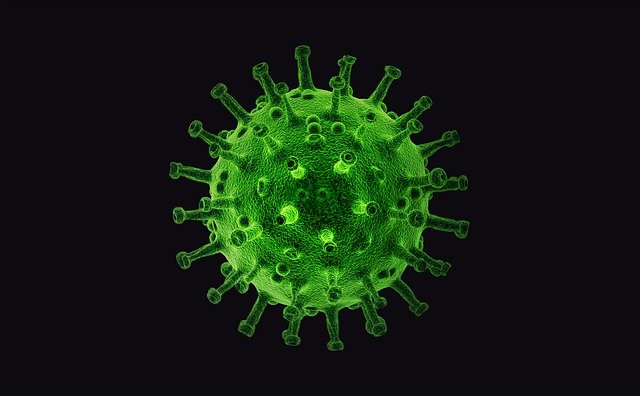No guidelines for home inspections in the pandemic were adopted by the Ky Bd of Home Inspectors (KBHI) at its special tele-meeting 3/31.
All the inspectors on the Board (both of them) said they still are inspecting.
They carry “masks and gloves,” both said. Because all public participants attending the tele-meeting were gagged by a “host mute”, no one could ask what kinds of masks they used or favored. No one could ask what to do if no masks were available either. Masks of all kinds [click here for Kinds of Masks to learn more] are very hard to find. Disposable gloves are not much easier.
Leadership is never more important than in a state of emergency. Life-threatening pandemics pretty much top the list of life-or-death emergencies. If the Board can’t do it, The Professional Learning Institute/PLI, can help.
“Masks and gloves” just skims the surface of sound and safe protocols – for home inspectors and everyone else essential to real estate transactions in this crisis. The suggestions below show why.
PLI, Kentucky Realtors (KYR), Ohio Realtors (OAR), ISN and others, including more general guidelines from state and federal Executive Orders, the Centers for Disease Control (CDC), and city mayor and departments of health, have chimed in to fill the void. Here’s our take:
- A short notice of Safe Practices for clients, sellers, and agents is a useful handout.
- A short Covid-19 Addendum is recommended to narrow risk from “sight unseen” and frightened buyers.
- Settle on a standard Covid-19 inspection safety protocol. Stick to it religiously. It should include:
— Sending all papers by email, before the inspection and after. Eliminate paper handling, especially in person.
— Never inspect if you have any flu-like symptoms – such as a fever (100 degrees or higher), a cough, or shortness of breath. Never ever inspect if you have reason to believe you have been exposed to Covid-19.
— Limiting the number of people on the property at all times – as close to 0 or 1 as possible. A client may want to walk through the home with an inspector, but no client needs to be there the whole during this crisis. One adult or two may be fine, but not whole families, friends, and the all-knowing step-father-in-law who has been “wiring for years and almost passed the electrician’s exam.”
— Make sure anyone in the home knows not to touch anything, for any reason. Wipe any surface clear when they break the rule.
— Stick to the 6-foot social distancing guidelines (from CDC and KY). This includes no hand shaking, or “bumping” elbows or fists. 6 feet means zero contact.
— — Wear disposable gloves. Then dispose of them after the inspection. Gloves will carry and transmit virus, in case you ever wondered why the cashier is not wearing gloves at Walgreens or CVS. So gloves go on when entering the home and go off immediately after you leave. The virus seems to stay alive on plastic for 72 hours and on stainless steel or cardboard for about 48 hours, according to Johns Hopkins Medical School, a leader in this field. https://www.hopkinsmedicine.org/health/conditions-and-diseases/coronavirus/how-can-i-protect-myself-from-coronavirus.
— Use disinfectant wipes to clean everything you touch in the home. The SOP require inspectors to touch a number of surfaces, like light switches, door knobs, windows, and appliances, for example. Inspectors always should make sure they leave the home the way they found it. You cannot know for at least a week whether or not you are carrying the virus (and you may never know). There also are plenty of carriers out there, maybe including your clients or the seller, who are “asymptomatic,” or show no symptoms.
— Wash hands multiple times during every inspection, especially after touching things like toilets, faucets, and door handles.
— Wear a mask if possible. Work very hard to make it possible or think twice about the inspection. If a seller, homeowner, or occupant is present and requests that you wear a mask, then you must – or you must terminate the inspection. Your Safe Practices handout may help with this conversation.
It is important that we respect and work with our President’s and our Governor’s orders to keep our communities, our clients, and ourselves as safe and healthy as possible. We must monitor and protect our services to meet the highest standards.
Someone’s life literally may depend on it.

